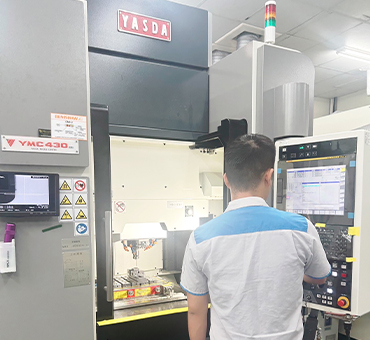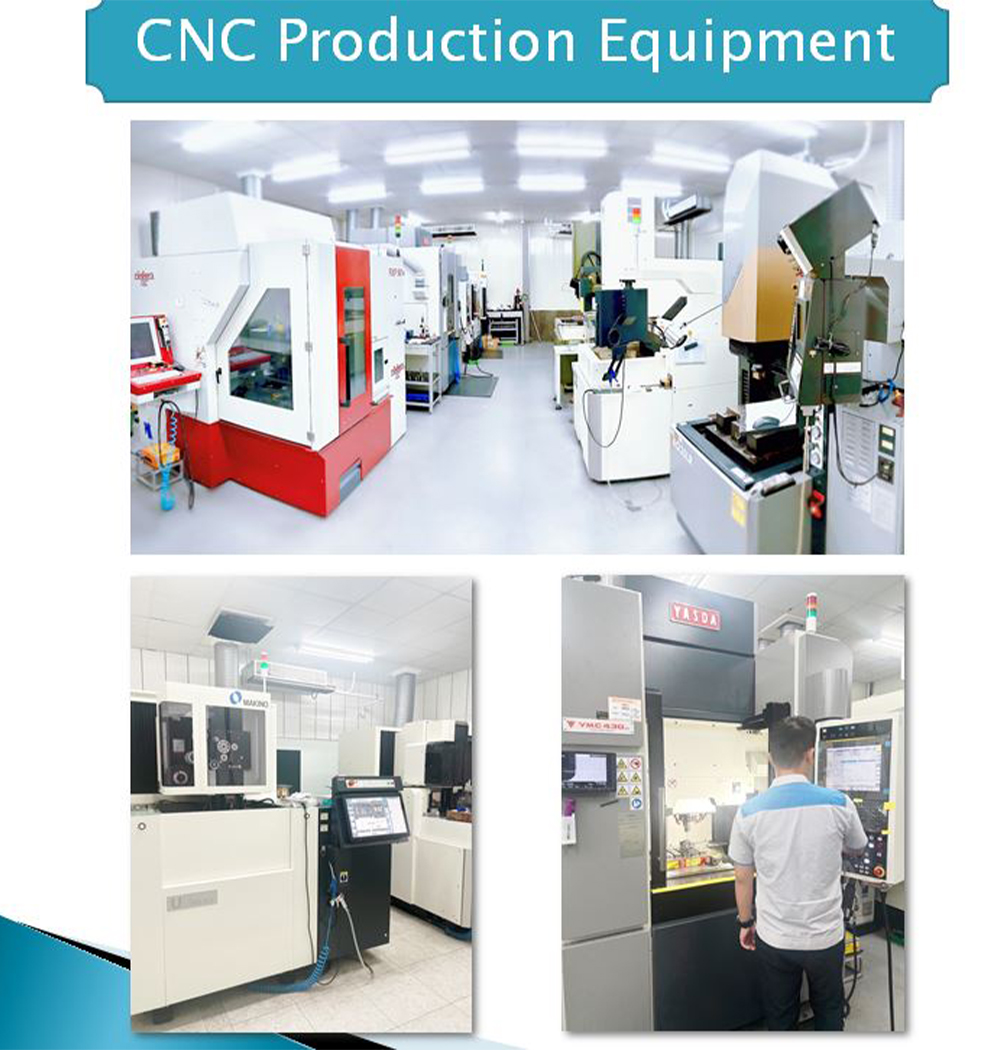
The medical industry requires implants made from biocompatible materials such as PEEK and titanium. These materials pose challenges in machining—they generate excessive heat during the machining process, and the use of coolant is often restricted due to concerns about contamination. CNC machine tools are helping address this challenge, as they offer compatibility with a variety of materials.
Professor Sir John Charnley was a British orthopedic surgeon, inventor, and skilled craftsman. He is renowned for pioneering the first truly successful total hip arthroplasty, known as the low-friction joint replacement surgery.
Currently, titanium knee joint replacements are the most common, but other types of alloys, such as cobalt-chromium or tantalum alloys, can also be used. The lifespan of titanium knee joint replacements is approximately 20 to 25 years, although in some cases, they may last longer. Any type of knee joint prosthesis, including titanium alloys, must meet requirements for activity, stability, and functionality when implanted.
Titanium and its alloys are primarily used as biomaterials in biomedical applications due to their excellent mechanical, corrosion, wear, and biocompatible properties. Their uses mainly include implants and devices for orthopedics, cardiology, and dentistry.
Ti-6Al-4V alloy, also known as CP-Ti Grade 5, is specified by ASTM F136 standard. It is currently the most popular titanium alloy worldwide. Developed in the 1950s, this material is primarily used in aircraft and aerospace structural components due to its lightweight, high strength, excellent fracture toughness, and corrosion resistance provided by the dual α + β phase composition. In the 1970s, it began to be utilized as a biomaterial, especially in the manufacturing of orthopedic implants.
Typically, a total knee arthroplasty consists of three subcomponents: the femoral component, which replaces the rounded bottom of the femur; the tibial component, substituting for the top of the tibia; and the tibial or bearing insert installed between the other two components to provide cushioning. The bearing insert is usually made of UHMWPE (ultra-high-molecular-weight polyethylene), an engineering polymer, while the femoral component and tibial tray are commonly made of cobalt-chromium (Co-Cr) alloy or, in certain cases, titanium alloy. These alloys are robust and hard biocompatible materials, exhibiting high rigidity (Young's modulus) and wear resistance during machining.
Complex surgical procedures demand high precision and specialized tools. The range of instruments extends from simple scalpels and scissors to complex robotic arms used in minimally invasive surgeries. These tools must be manufactured with high precision, and CNC machining plays a crucial role in producing a variety of surgical instruments needed for medical procedures.
CNC machine tools can achieve complex geometries and tight tolerances, making them an ideal choice for manufacturing intricately designed surgical tools. For instance, robotic-assisted surgical instruments can be machined using CNC technology to ensure the highest precision, enabling surgeons to perform complex surgeries with greater accuracy and fewer complications.
CNC machining is transforming the field of prosthetics by enabling the production of customized devices tailored to each patient's unique physiological features. CNC machines, using 3D scanning and CAD modeling, can manufacture prosthetics with intricate details and high-precision dimensions, ensuring patients receive optimal functionality and comfort.
By leveraging CNC technology, prosthetics can be produced with high precision, ensuring they are comfortable and fully functional.
Producing these instruments requires exceptional durability to withstand sterilization while ensuring patient safety. CNC manufacturing offers repeatability and strict quality control, ensuring that each tool meets rigorous standards.
Implant dentistry provides a long-term solution for missing teeth, requiring precision customization using CNC manufacturing technology. These implants are created based on digital scans, ensuring accurate and personalized fits for each patient. CNC machining has revolutionized the production of dental prosthetics, improving treatment outcomes.
Through the efficient use of materials like titanium and zirconia, CNC technology can achieve precise modifications with outstanding efficiency and effectiveness.
CNC machining plays a vital role in the production of these orthopedic instruments. CNC technology enables high-precision machining of complex geometries, making it highly suitable for the production of these devices. Additionally, CNC machining can handle a variety of biocompatible materials, including titanium and stainless steel commonly used in orthopedic instruments.




Packing Details: Carton, Wooden case, pallet, or according to the customers' requirements.
Delivery Detail: 25-35 days by sea, 3-7 days by air